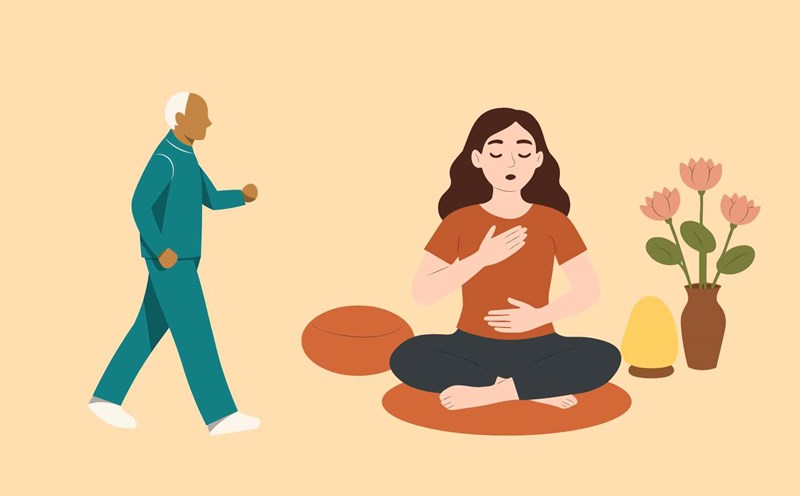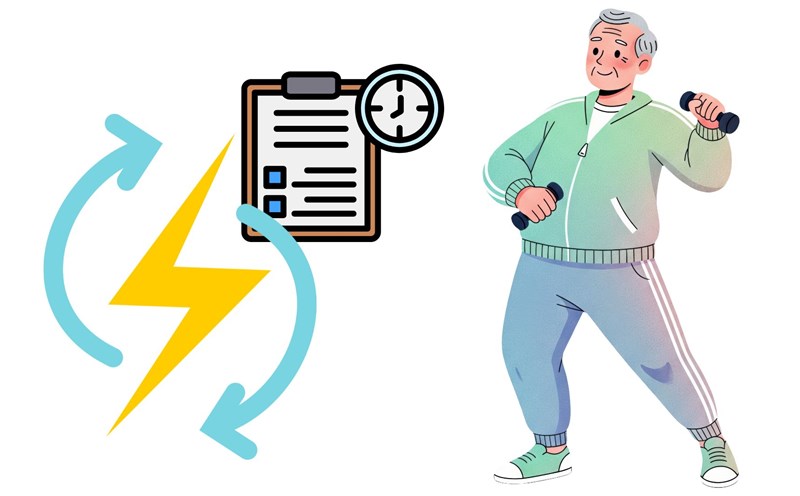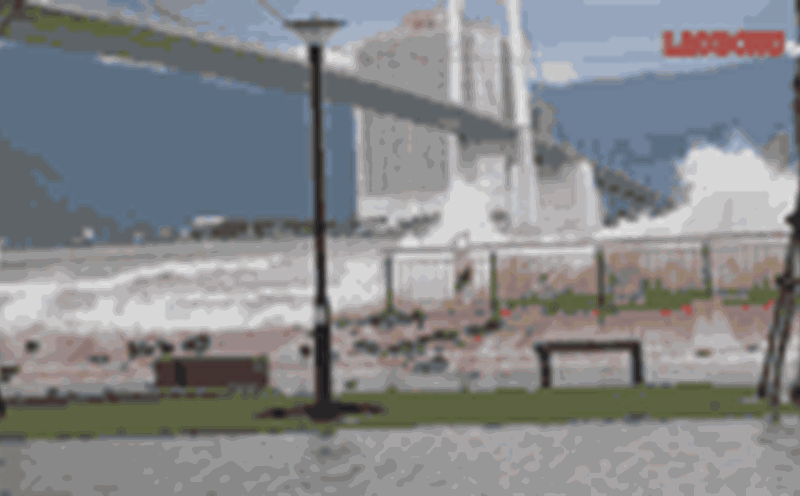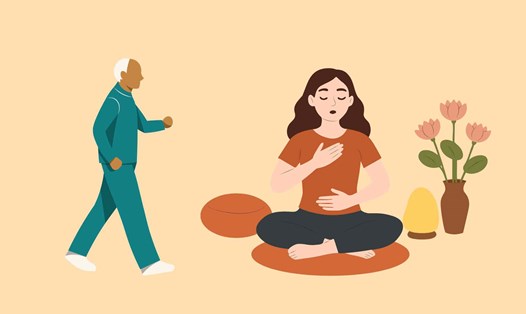Take a step back
Regressing requires balance and good reflexes. For the elderly with problems such as knee inflammation and frontalleg pain, maintaining a stable gait is very difficult. Falling during this process can lead to fractures, a significant health risk.
For people with cervical vertebrae, backward jostling can aggravate symptoms and even cause dizziness.
Breathing exercises
Holding your breath can easily lead to emphysema due to a ruptured collarbone. Holding your breath also puts more pressure on your heart, causing symptoms such as chest tightness, shortness of breath and shortness of breath. After stopping breathing, the amount of blood returning to the heart increases significantly, increasing blood pressure and potentially causing cerebral coronary artery disease.
Belly cramps
The elderly have problems with the cervical and lumbar vertebrae, and can also suffer from osteoporosis. When they are cramped, they will damage the cervical vertebrae and lumbars, and excessive blood pressure can easily cause dizziness.
Bend down
This exercise can stretch muscles and bones very well, but is not suitable for the elderly. During exercise, it will put pressure on the spine, groin and muscles.
In addition, the elderly often have stiffer joints and poor balance. Bending over a large range of motion can cause falls or injuries due to stretching.











